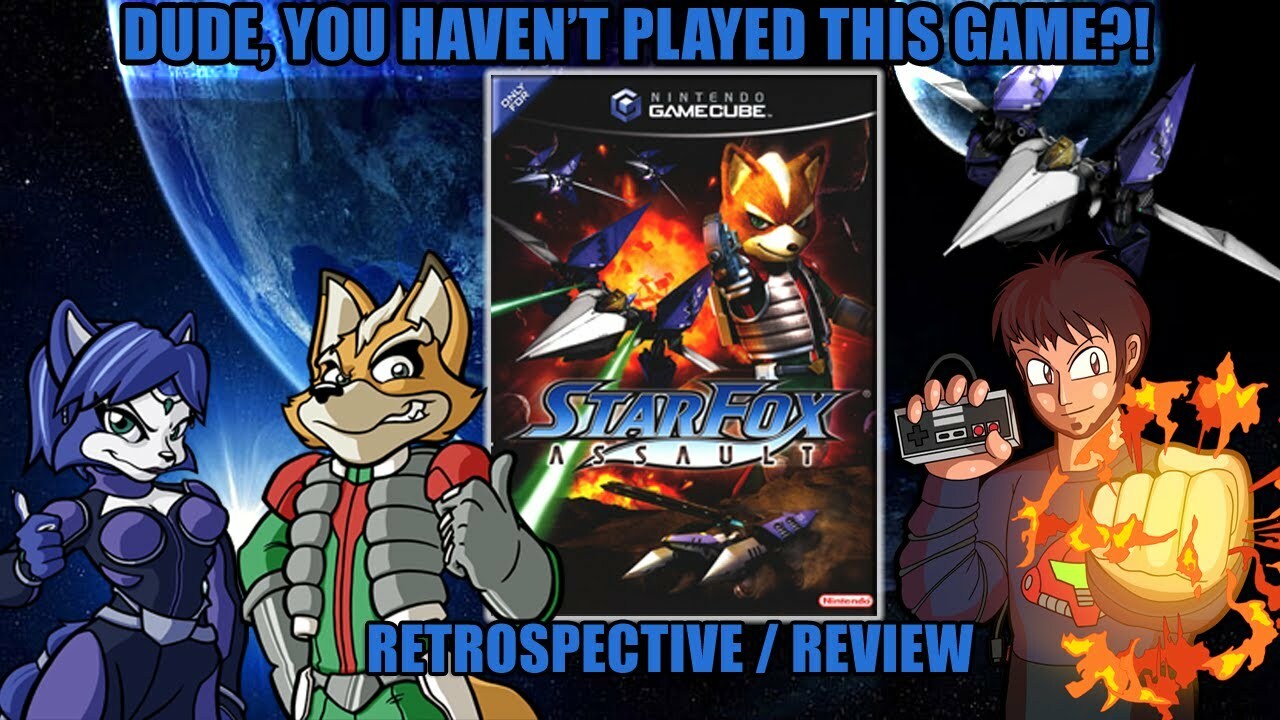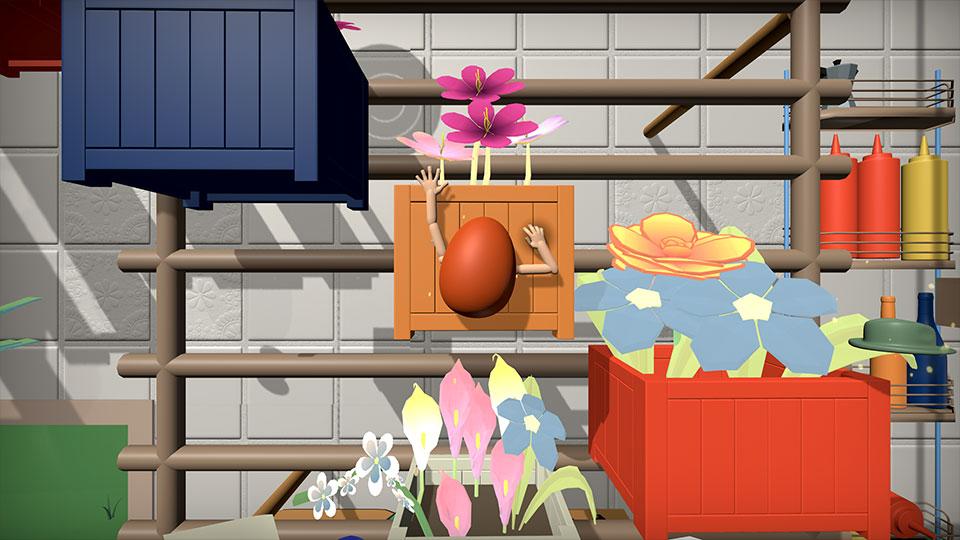Share
It goes without saying that 2020 was almost universally terrible from a social, political, and medical standpoint. But while much of the world was stuck inside waiting out the ongoing pandemic, game developers were also hard at work to provide some much-needed diversions. Indeed, whether players where working through Animal Crossing: New Horizons, Final Fantasy VII: Remake, The Last of Us: Part II, or Ghost of Tsushima, there’s no denying that it was a great year for AAA games.
Thankfully, independent developers weren’t slacking off either, equally meeting the moment with some of the industry’s most beloved titles of the year, ranging from the always hilarious and casual mayhem of Fall Guys to the brutal and bloody action of Hades. And though there are myriad other indie games which also exceeded expectations throughout 2020, it’s time to take a look at five of the best releases that you may have overlooked during such a packed year, so now you’ll have no excuse if you miss out on them again in 2021.
No Straight Roads

It’s the games that dare to be the most unique that often struggle to find a cohesive tone, but that’s not much of a problem for Metronomik’s action-adventure game No Straight Roads. This quirky title gives you control over two indie rockers, Mayday and Zuke, who set off on a quest to free Vinyl City from the clutches of an oppressive electronic music label that has been using EDM to control the massive metropolis and its inhabitants. If it all sounds weird, that’s because it absolutely is – and the game owns it.
Blending the combat of something like Devil May Cry with rhythm gameplay may sound odd at first, but No Straight Roads manages to make it feel far more natural than you’d initially expect. As you switch seamlessly between Mayday and Zeke to tackle a collection of intriguing and lengthy boss battles, which largely require you to move and attack in time with the upbeat music tracks, it all eventually becomes second nature.
Mix this bonkers gameplay design with an unconventional art style and a killer soundtrack from such artists as RoboRob, One Eye Closed, and Funk Fiction, and it becomes hard to find much fault in No Straight Roads. You could argue the moments between the major showdowns are a bit bland in comparison, but with so much going for the core of the game, that’d be nitpicky at best.
SUPERHOT: Mind Control Delete

Ever wondered what it’d be like to play a game where you could live out your John Wick fantasies? 2016’s SUPERHOT provided that opportunity with its incredible puzzle-esque FPS combat that saw time only move when your character moved, resulting in enthralling dances of violence as you threw knives, fired guns, and used katanas to take down an onslaught of foes in slow-motion before watching your glorious work in real time.
2020’s sequel SUPERHOT: Mind Control Delete doesn’t reinvent the mechanics laid out in the original game, opting instead to capitalize on what made the first outing so wildly enjoyable. Developer Superhot Team has simply pushed for “more” here – more weapons, more enemy variety, more levels, and more customization of abilities. It’s everything a sequel should be, and if you’re in the mood to let off some steam, you’re going to be hard-pressed to find a better outlet.
The Last Campfire

The Last Campfire couldn’t be any more different than the mostly aggressive and cinematic games that dominated the AAA scene in 2020. And as fantastic as most of those games are, the quiet and somber tone of Hello Games’ newest tale manages to make it somehow feel even more substantial and emotionally resonant, quickly finding its way into your heart when you least expect it.
Taking control of adorable main character Ember, a soul searching for meaning in a melancholy land, you explore and solve environmental puzzles in an attempt to help other lost souls find their way home. And though the game’s puzzles – which are challenging enough to offer a sense of accomplishment but never so difficult as to feel insurmountable – may initially seem like the main draw, it’s actually the yarn being weaved along the way that may captivate you most.
The Last Campfire’s organic storytelling leads its narrative to at times feel ambiguous, thus it’s in its smaller anecdotes that you may find the bulk of its significance. The peculiar characters Ember runs across provide plenty of moments for contemplation and sentimentality, and with the help of an affecting musical score, you should have no problem finding yourself feeling something special by the end of your journey through this touching fable.
The Pathless

In third-person action-adventure game The Pathless, you control a master archer – known only as “Hunter” – who uses her bow to shoot talismans that increase her speed and grant her the ability to dash rapidly across a mystical island. Gameplay revolves around solving dozens upon dozens of well-designed puzzles by combining your bow, lovable eagle companion, and a collection of special abilities as you seek to collect the necessary components to lift the curse from mythical spirits that can help you tackle a great evil.
Admittedly, an appearance by voice actor Troy Baker and a stellar score from acclaimed video game composer Austin Wintory (Journey, Abzû) would be enough to automatically elevate many games to must-play status, but in the case of The Pathless, almost everything about the adventure feels fresh and worth diving into regardless. Developer Giant Squid has crafted one hell of an anomalous experience that rises far above most of its competition, and you’d be doing yourself a disservice by missing out on it.
Spiritfarer

Developer Thunder Lotus Games’ Spiritfarer is a reflective ship management sim that places you in the shoes of a young girl named Stella who must take over the reins of ferrymaster from the mythological psychopomp, Charon, setting out to sea to find and assist spirits with their passage into the afterlife. It’s a bit of an anomaly – relaxing yet stimulating, charming yet solemn, whimsical yet mature.
Accompanied by Stella’s adorably fluffy cat, Daffodil, you collect resources, build homes, and construct facilities that help you to provide services to the various unique spirits who take up temporary residence on your ship. Whether you’re cooking up someone’s favorite meal, tending to your crops, or exploring islands for more supplies, there’s always something to do in Spiritfarer. But perhaps more importantly, the lack of a fail state ensures the game always remains wonderfully zen without sacrificing its sense of reward.
With a soaring orchestral soundtrack, gorgeous hand-drawn aesthetic, and emotionally powerful character stories dealing with such strikingly poignant topics as child abuse, infidelity, and mental illness, Spiritfarer is rarely anything but downright compelling from its opening moments to its stirring finale. If you have to choose only one game to catch up on this year, make it this one.




